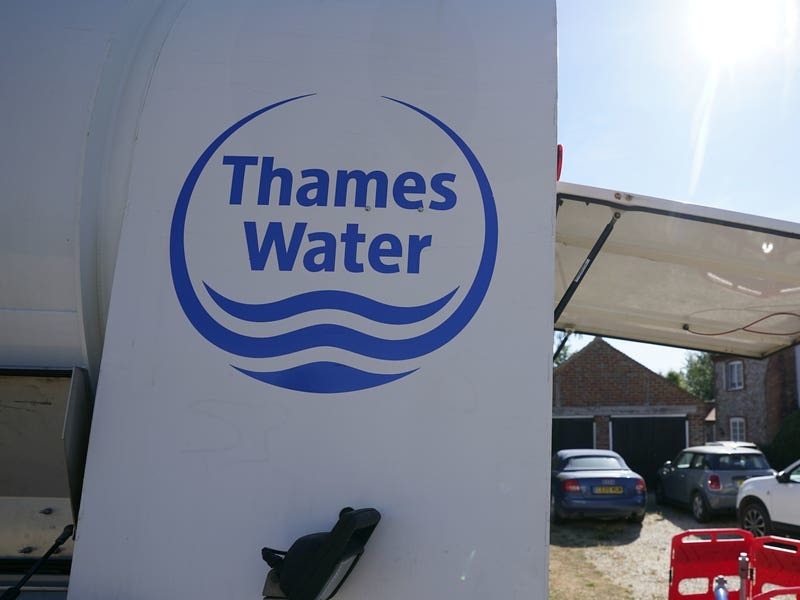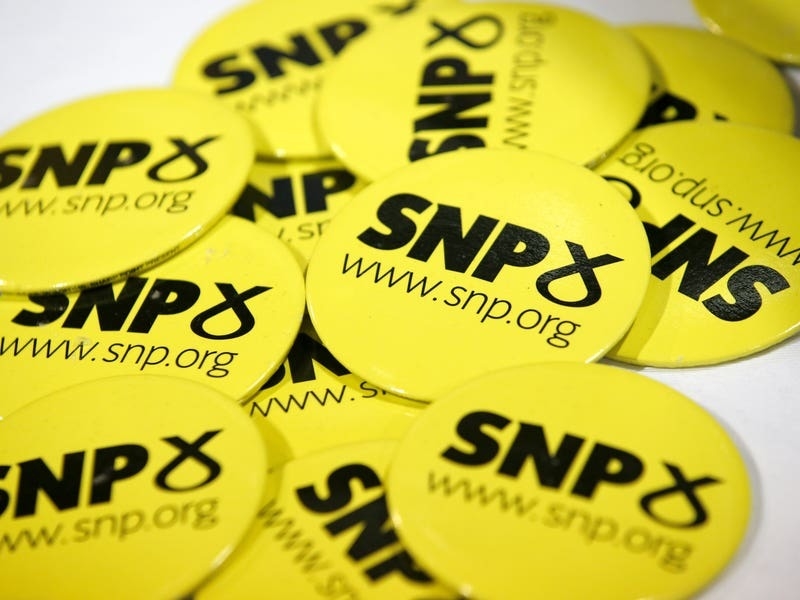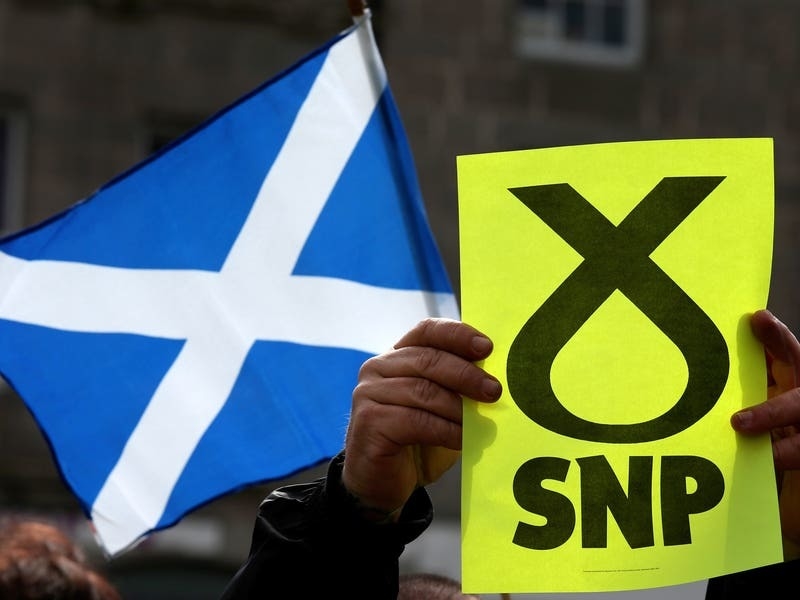Transport Minister Eddie Noel this week sparked controversy after announcing he plans to put forward proposals to significantly increase parking charges to encourage people to use public transport.
But James Filleul has criticised the minister’s proposal and claimed the new policy would force shoppers to steer clear of town and focus their buying habits online instead.
And St Helier Constable Simon Crowcroft has said that if any price increases are introduced then they should be aimed at commuters rather than shoppers.

He also called for more emphasis to be placed on introducing pay-as-you-go car parks, such as Sand Street, that are ‘shopper friendly’.
Mr Filleul said he believes there is more to the minister’s proposal than he is revealing, and called on the Transport Department to tell the public what he believes is the real reason behind a potential price hike.
‘Chamber understands that the proposal to increase parking charges is actually to cover the £4m subsidy which supports the bus service,’ he said.
‘We appreciate States budgets are stretched but this is just a stealth tax and TTS should be upfront about that so that shoppers and commuters can decide if they are willing to pay a lot more to fund the buses.’
The Chamber president said he welcomed the fact that the Council of Ministers had made St Helier one of its ‘fab four priorities’ but warned that a parking price increase would be an own-goal for the future of town.
‘That’s not supporting St Helier, it’s supporting Amazon,’ he said.
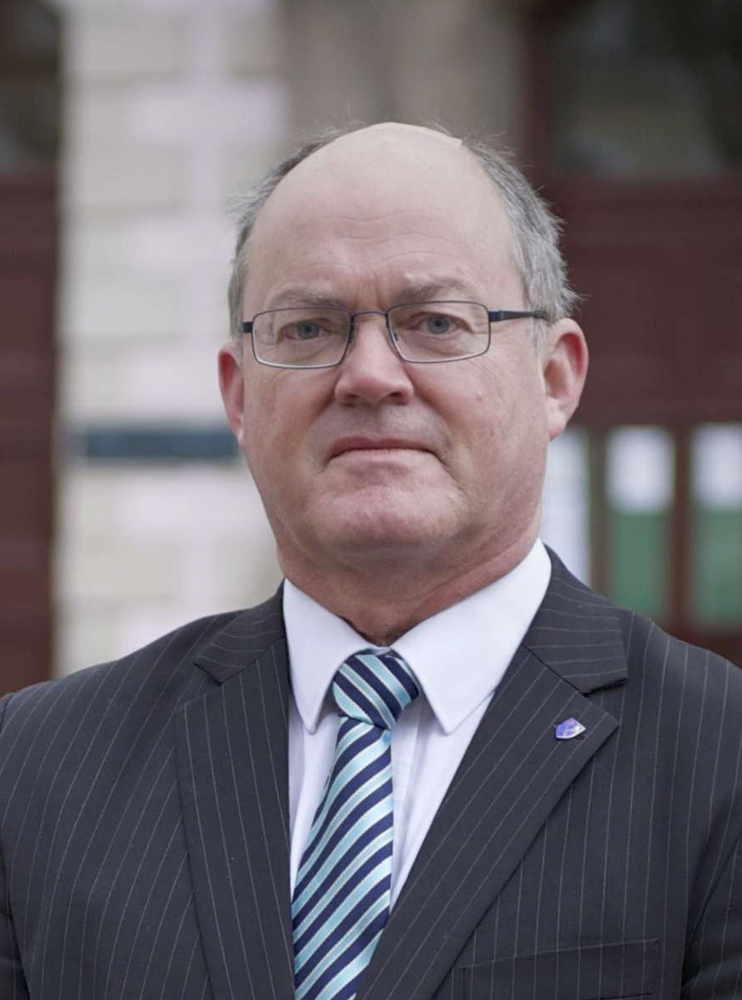
‘We know the TTS Minister is looking at finally consigning pay cards to the dustbin of history and giving shoppers some flexibility and we would encourage him to concentrate on this rather than taxing parking.’
Meanwhile, Mr Crowcroft, who has championed the Love Shopping, Love Thursdays initiative to encourage people to visit St Helier by asking retailers to open their doors until 7 pm, said he and Deputy Noel were in agreement that St Helier was too congested.
‘I can see where the minister is coming from – the town centre is congested with vehicles,’ he said.
‘But I don’t think it is helpful to talk about about less parking or increasing charges when there are no plans in place to support shoppers and make parking more convenient for them.
Asked if any price increases could spell the end for some retailers in St Helier and undo the work of the Love Shopping, Love Thursdays initiative, Mr Crowcroft said: ‘I think St Helier is strong enough to overcome any headline from the ministers but it is a shame it has been said. The work they are doing behind the scene is about making town a better place to shop – it has a tremendous amount to offer.’
From Ben Shenton.
I READ with interest the front page story (JEP 23 March) about how the environmental targets won’t be met unless parking charges are raised to make it more difficult and less convenient for the public to visit St Helier. It reminded me of a meeting when I was Health Minister.
Some highly paid civil servant had come up with the idea that people driving in from the west would only be able to park in car parks on the western side of town, drivers from the east only in car parks on the eastern side of town, etc, etc.
The concept was that it would reduce congestion, and force the public to walk across town if their place of work was on the other side of St Helier – thereby getting them more healthy, some would be persuaded to use the bus.
The fact that it got on to the agenda to be discussed showed that it had support from other senior civil servants. Discussion of the item did not take long for a number of reasons. Firstly, I noted that out of the seven of us at the meeting – one politician and six civil servants – none of us actually paid for parking, used the public car parks, or would be affected by the policy – hardly an objective group to make a decision.
Secondly, car drivers live in a real world rather than an idealistic environmentalist’s world. In the real world money is tight, it rains, it is cold in winter, goods can be heavy to carry, unloading a car with young children in it can take ten minutes, walking long distances can be difficult for some, we buy cars for a reason, and we pay our taxes to have a comfortable life.
When I suggested that the civil servants present lead by example and give up their free parking the idea was immediately dropped – as I knew it would be. It is very rare for the States to ever implement a policy that is detrimental to the public sector. The Environment Minister wants more expensive parking, excluding of course the large amount of free parking at the Environment Department.
Free parking is prevalent throughout the public sector and this needs to be addressed before any attack on the season ticket and paycard buyers – who already pay enough. The policy also hits those who are already struggling most with higher taxes and costs.
Senior industry personnel and wealthy individuals have paid allocated private parking in town and, like many public sector workers, won’t be affected.
Therefore instead of hitting the shoppers and real-world Jersey people who use public car parks with higher parking charges, how about providing a car-friendly town so drivers don’t drive around for hours looking for a parking space. Environmental aims should be both realistic and attainable.
Government should lead by example, and endeavour to deliver what the public want – not force others to suffer from an unrealistic ideology while driving into their reserved parking space paid for by the taxpayer. (NB I use a motorcycle).
REDUCING the number of cars on the road has long been a key aim of the States sustainable transport policy.
Environment Minster Steve Luce says that efforts to get people to consider alternative forms of transport have failed because there are too many car parks in St Helier and that the cost of parking is too cheap.
He may be right, but if the States have a hope of breaking our attachment to the car, they are going to need a carrot as well as a stick.
Ministers must find a way of making buses and bikes far more attractive.
There are certainly very sound arguments for reducing dependence on the car. The alternatives can be good for health and the environment.
The reality, though, is that our buses do not offer the flexibility of the car and some of the Island’s roads are too dangerous for cyclists, particularly children.
In winter, some parishes are left without a bus service from as early as 6 pm, meaning those who work late are left with no alternative but to take up a parking space for the entire day, which makes life difficult for shoppers wanting to get into town and support local retailers.
If we are serious about a different transport model, investment may be needed to improve the bus service, something which might include more park and ride schemes and more frequent services in some areas.
Only when there are viable and affordable alternatives can the States seriously consider changes to our car parks.

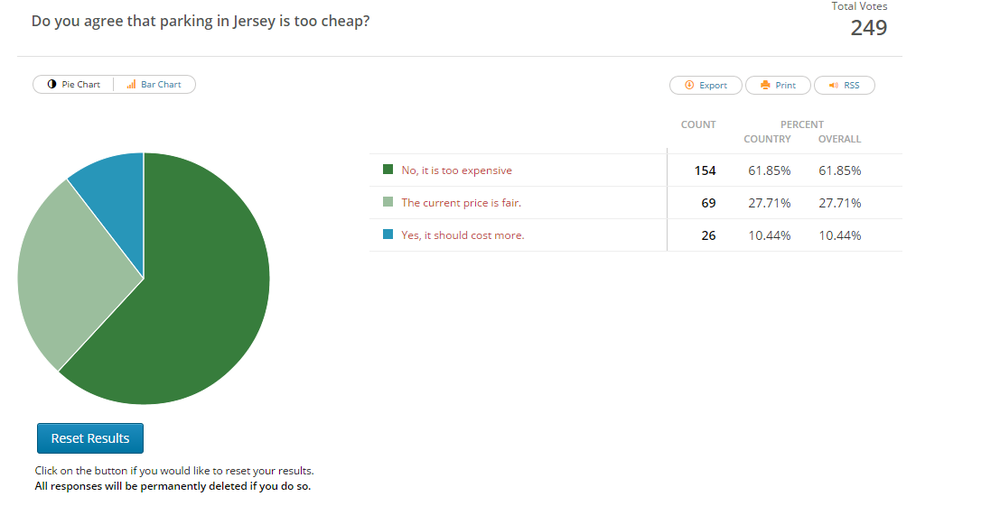
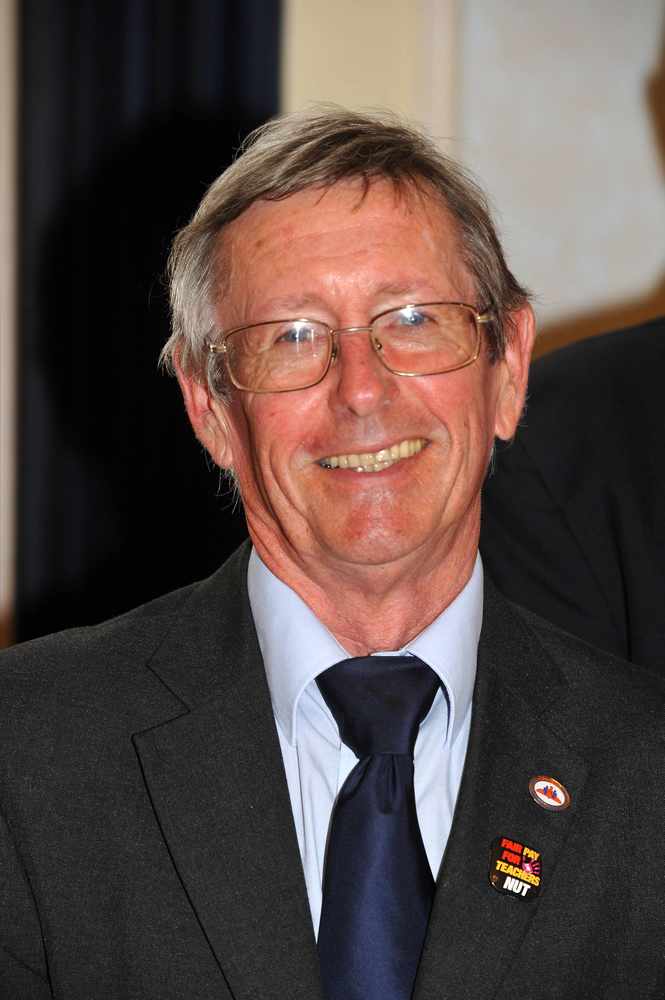
Last month, Deputy Geoff Southern lodged a proposition with the States calling for an increase in Jersey’s public parking charges to be reduced – from 2p to 1p.
He said that the rise in the cost of one parking unit from 74p to 76p, which came into effect at the start of February, is more than twice the rate of inflation.
As a result he says that it is out of line with previous policies agreed by the States. And he now wants the increase to be annulled and replaced with a lower one.
Deputy Southern said that he had brought the proposition because the Transport Department, which introduced the increase, had ‘got its sums wrong’.
He said that it had incorrectly started with an inflation figure of 1.8 per cent when it should have been 1.3 per cent, and then once GST had been added and the number rounded up the increase ended up as 2.8 per cent.
That is, he said, against the States policy of keeping such rises within the rate of inflation.



